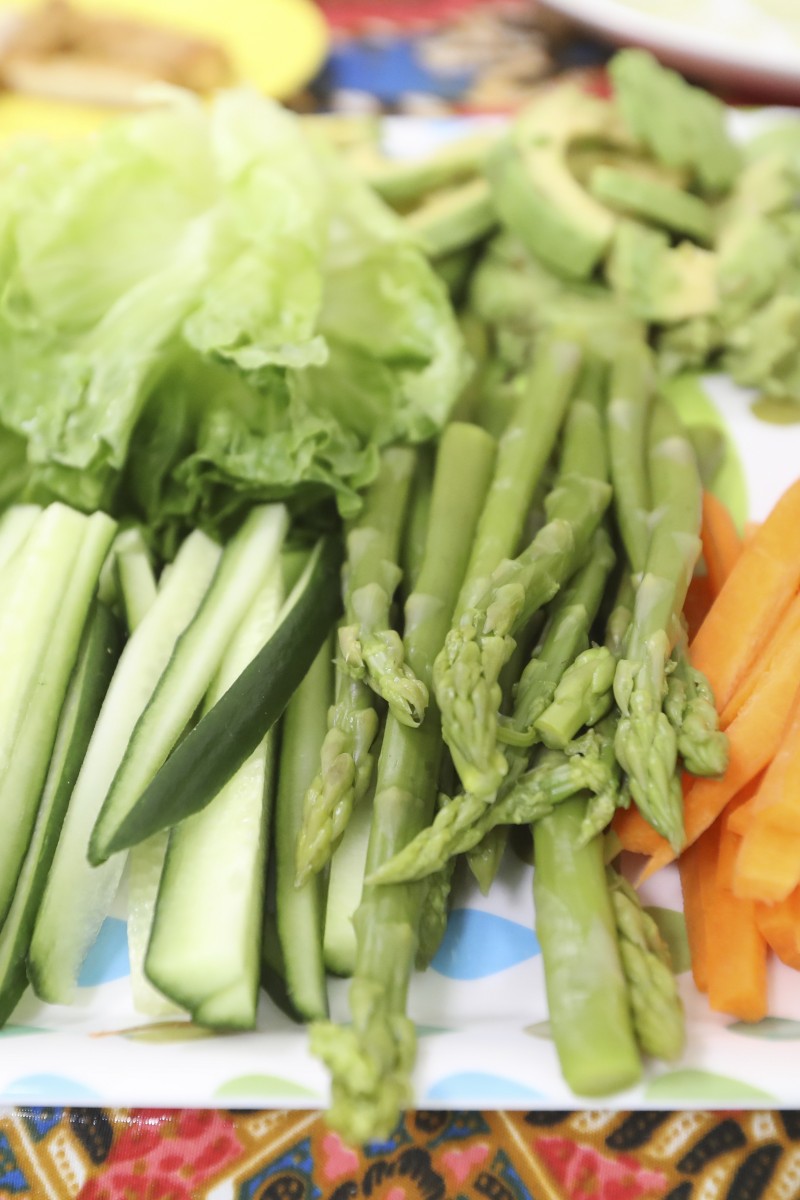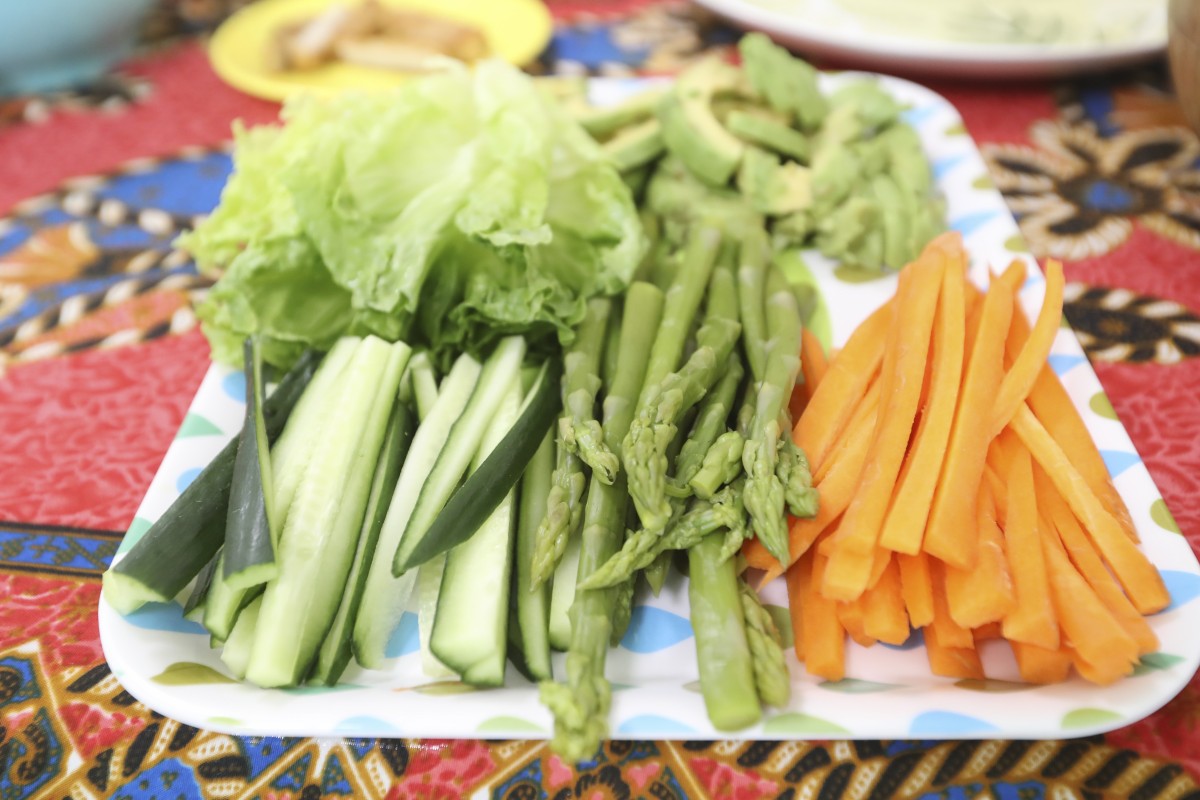
Face off: does veganism negatively affect our sports performance?
Each week, two of our readers debate a hot topic in a parliamentary-style debate that doesn’t necessarily reflect their personal viewpoint. This week...
 Is a vegan diet enough for an athlete?
Is a vegan diet enough for an athlete? Pearl Chia, 17, South Island School
The fitness community is one of many groups who favour veganism – the practice of not eating any animal products. But before you switch to a vegan diet, you should know that it can negatively affect your sports performance.
Firstly, veganism makes it more difficult for athletes to incorporate key nutrients, such as protein, into their diets. Protein is important for muscle repair in endurance athletes, while it is also needed to build muscles. Although there are plant protein options, most of them don’t contain all the essential amino acids which help meet one’s nutritional needs. On the other hand, animal products contain most of the essential amino acids, some of which cannot be produced by the body.
Also, humans do not absorb plant-based proteins as well as animal proteins. As a result, non-vegans don’t suffer from nutritional stress caused by digestion, leading to better sleep and more energy to train and compete.
Secondly, being vegan means a lack of vitamin B12, a nutrient only found in meat. Our body doesn’t make it. This should particularly concern endurance athletes, as the vitamin is needed to produce red blood cells. And they should be getting it regularly because the body doesn’t store it for a long time. A reduction in red blood cells can lead to anaemia and less oxygen reaching muscle cells. Vitamin B12 deficiency can also harm the nervous system.
Thirdly, vegans often lack fats – another essential nutrient – in their diets. Having a moderate amount of dietary fat helps slow the rate of carbohydrates entering the bloodstream, which allows endurance athletes to have more energy to exercise.
Additionally, athletes on plant-based diets could have low sodium levels. A lack of sodium combined with regular exercise could lead to muscle cramps and stiffness.
Ultimately, both vegan and non-vegan athletes should have a high-quality diet, with proper amounts of nutrients and calories in their meals, so they can perform at their best every time they compete.
Nicholas Ng, 15, South Island School
Veganism is becoming increasingly popular around the world. This is partly due to social media trends and food scandals. But does veganism affect sports performance? In my opinion, no, it doesn’t.
Firstly, vegans can still have a balanced diet even without eating foods such as meat, fish, eggs, and cheese. Vegetables, fruits, whole grains, nuts and seeds – the main items in a vegan diet – contain carbohydrates, vitamins, minerals and fibre. For example, proteins – which are essential for athletes – can be found in tofu and beans; flaxseed oil contains fat, while there’s iron in legumes and brown rice. This means vegans miss out on very little (if any) when it comes to nutrition, compared to those who eat meat and other animal products. Therefore, a vegan diet hardly has any effect on sports performance.
Secondly, there are many other factors, such as an athlete’s motivation, training, and physical condition, which affect how well they do in their respective sport. So it’s not reasonable to say that a change in the diet (which still provides essentially the same nutrients your body needs if properly regulated) is going to have that much of an impact, especially when there are other factors which can also affect your performance greatly.
Thirdly, and most importantly, there is no scientific evidence to suggest a strong link between veganism and poor sports performance. There have been both success stories and failures by both vegan and meat-eating athletes, so there can be no clear conclusion that veganism affects sports performance.
Sure, it may be more challenging for vegans to maintain a balanced diet, but when it comes to getting all the right nutrients, does it really matter where they come from as long as you get everything you need?